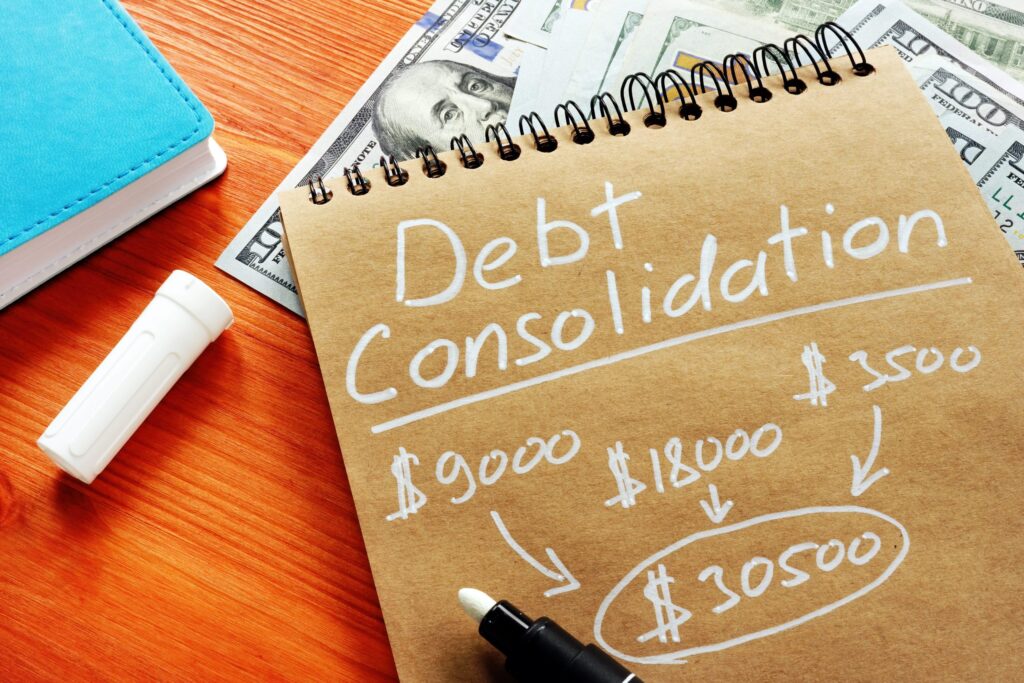A bad credit car dealership specializes in helping individuals with poor or no credit secure financing for a vehicle. These dealerships often provide in-house financing or work with lenders who accept credit challenges, making it possible to get approved even when traditional lenders say no. They offer options like no money down, flexible payment plans, and a range of used cars to make car ownership more accessible.
Many bad credit car dealerships also focus on transparency by showing clear finance terms and accommodating different credit situations. Buyers can expect to find vehicles that fit their budget without long waits or complex bank negotiations. This approach helps those with bad credit rebuild their credit while driving a reliable car.
Choosing the right dealership involves understanding the specific services they offer, such as warranty coverage, roadside assistance, and how quickly approval decisions are made. The availability of newer used models and trusted financing solutions can make a significant difference for buyers facing credit challenges.
Understanding Bad Credit Car Dealerships
Bad credit car dealerships serve customers who face financial challenges when seeking vehicle financing. They use alternative methods to evaluate buyers and often provide flexible financing options. These dealerships can offer benefits by focusing on credit-building and vehicle accessibility despite poor credit histories.
What Is a Bad Credit Car Dealership?
A bad credit car dealership specializes in selling and financing vehicles to buyers with poor, no, or damaged credit. Unlike traditional dealerships, it does not rely solely on credit scores to approve loans. Instead, it assesses factors like employment history, income stability, and residence.
These dealerships frequently carry used or older model cars, which serve as collateral for loans. If a buyer fails to make payments, the lender can repossess the vehicle. The goal is to provide financing opportunities that traditional lenders may decline due to high-risk credit profiles.
How Bad Credit Auto Financing Works
Bad credit auto financing typically involves higher interest rates because the lender assumes more risk. The loan terms may be shorter or include a larger down payment. Lenders often require proof of steady income and residence rather than focusing on credit history alone.
The financed vehicle itself acts as collateral. If the buyer defaults, the dealership can repossess the car to recover losses. These loans allow buyers to rebuild credit scores by making timely payments, which can improve future borrowing opportunities. Some dealerships offer “guaranteed” or “second chance” loans to further simplify approval.
Benefits of Specialized Dealerships
Specialized bad credit dealerships provide access to cars when traditional financing is unavailable. They often offer flexible financing based on real-time assessments of income and employment, not just credit reports.
These dealerships can help buyers rebuild credit by reporting consistent payments to credit bureaus. They may also provide coaching or guidance on financial responsibility. Additionally, buyers can choose vehicles suited to their budgets and financing limits, making car ownership feasible despite past credit problems.
Choosing the Right Dealership for Bad Credit
Finding a dealership that suits bad credit needs involves more than just approval chances. Factors like reputation, loan conditions, and vehicle selection significantly impact the buying experience and long-term satisfaction.
Evaluating Dealership Reputation
A reputable dealership builds trust through transparent communication and fair practices, even for buyers with poor credit. Research online reviews and ratings to gauge customer satisfaction levels.
Word-of-mouth referrals and Better Business Bureau (BBB) accreditation offer reliable indicators of credibility. Avoid dealerships with frequent complaints about hidden fees or aggressive sales tactics.
A trustworthy dealer will clearly explain financing terms and work within the buyer’s budget constraints. This transparency helps avoid surprises during the loan process.
Loan Terms and Down Payment Options
Dealerships catering to bad credit buyers often require a larger down payment to reduce lender risk. This down payment size varies widely but can improve loan approval odds and lower monthly payments.
Interest rates at these dealerships tend to be higher than standard loans. Comparing offers from multiple dealers helps identify the most reasonable rates.
Understanding the length of loan terms also matters. Longer terms reduce monthly costs but increase the total interest paid. Buyers should seek terms that balance affordability and overall cost.
Vehicle Selection and Inventory
Dealerships focused on bad credit financing usually offer a range of used cars with varying price points. Reliable, lower-cost vehicles often serve as collateral for loans.
A diverse inventory allows buyers to match a car to their budget and needs. Some dealers specialize in reliable brands known for low maintenance costs.
Inspecting vehicle history reports and ensuring warranty availability is essential. These factors protect the buyer from unexpected repair expenses and reinforce buyer confidence.

